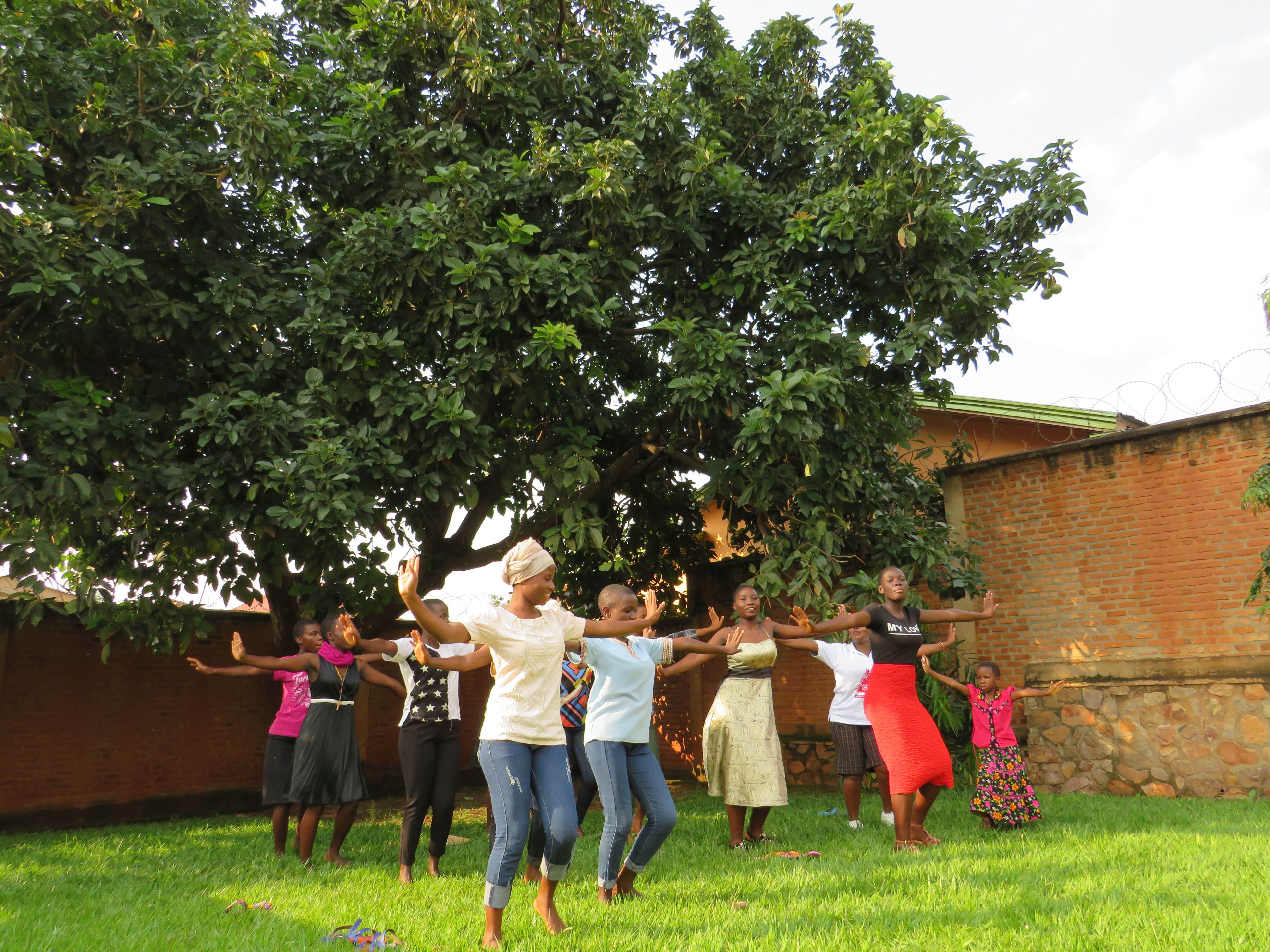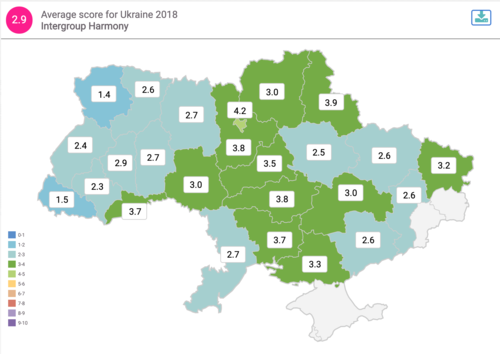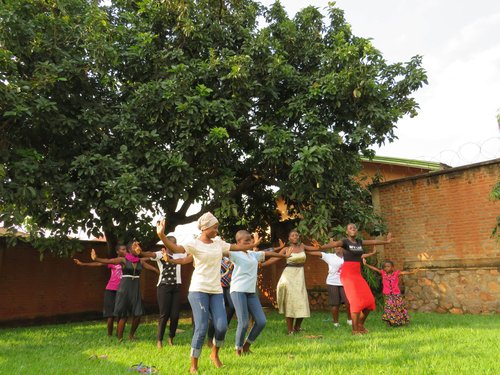The Social Cohesion Fund in Burundi
Key facts
Flight & migration
Governance and civil society
Youth
Overview
Overview and Objective
The overall objective of the Social Cohesion Fund in Burundi is strengthening the contribution of civil society actors in two thematic areas: psychosocial support and reconciliation and capacities for civic engagement.
Despite of increased restrictions and a shrinking space for civil society organizations in Burundi, many of them are still committed to the promotion of peace. The Social Cohesion Fund therefore supports a variety of CSOs as well as some international NGOs financially and at the same time offers capacity-building measures to foster a dynamic and independent environment where CSOs can grow and improve their service delivery in the above-mentioned thematic areas.
Social Cohesion in Project Context
Burundi has a history of recurring political violence and repression, and experiences renewed socio-political unrest since 2015. This led to a lack of trust and dialogue between different political and ethnic groups as well as a shrinking space for CSOs. Poverty and inequalities are widespread. In this context, fostering social cohesion on community level is of crucial importance.
Concept and Approach
The fund clearly focuses on the promotion of social cohesion at the horizontal level, as social relations within a group or between several social groups with different characteristics are in the foreground. The emphasis is particularly on strengthening social relations and building trust and promoting an active participation for a common good as well as positive living conditions, equality and inclusion. All these aspects are considered equally important to the successful promotion of social cohesion in Burundi.
The initiatives that the fund supports are implemented at community level and particularly focus on supporting women, youth as well as IDPs and returnees. The organizations offer a variety of activities such as:
- trainings on mediation, non-violent communication, dealing with trauma
- the setup of local peace committees
- the setup of solidarity groups to promote economic resilience,
- awareness campaigns on human rights, gender-based violence and political manipulation,
- sports and cultural events
- debates and exchange forums
- trainings of psychosocial assistants who assist trauma victims in local centers
- conflict-sensitive media reporting
Achievements and Impacts
- 18 projects of local CSOs and (international) NGOs have been supported, 11 of which specifically focus on women
- More than 20.000 beneficiaries have been reached
- Around 900 youth have participated in narrative theaters to deal with trauma experienced in the past
- Around 500 women that have been supported by solidarity groups increased their economic autonomy
- Trained mediators solve community-based conflicts with the help of local peace committees
- The willingness to engage in peacebuilding measures has increased
- Youth from different political parties treat each other with more respect
- Tolerance towards marginalized groups increased
- Returnee and host communities share their land, exchange with each other respectfully
- Partner organizations (POs) have improved their knowledge and skills in financial management and participatory project design
- POs exchange regularly and profit from each other’s experiences through different exchange formats
Lessons Learnt and Recommendations
- Context- and conflict-sensitive planning and implementation is key
- Invest in assistance to POs regarding contractual and financial requirements
- Provide possibilities for exchange between and with partner organisations regularly
- Keep a low profile when working in such a sensitive context
- Take advantage of tools that foster innovation
- Formulate precise criteria for project applications to be considered and make it a participatory process
How we measure
Since there is no common definition for the concept of social cohesion so far, a set of proxy indicators was developed regarding its different dimensions, such as participation in social life or capacities for civic engagement.
With the help of a local evaluator team, a first semi-remote data collection was conducted in 2020. Another one will be conducted in 2021.
The used approach consists of a mix of the following instruments:
Quantitative data collection
- Number of beneficiaries reported by the POs (narrative reports)
- Survey of the beneficiaries to measure the Key Performance Indicators
Qualitative data collection
- Focus group discussions and structured interviews with some selected beneficiaries (triangulation of the surveys)
- Interviews with key persons of the POs
On the basis of an analysis of the outcomes and impacts of each of the partner’s initiatives individually, feedback was given to strengthen their M&E capacities as well.





